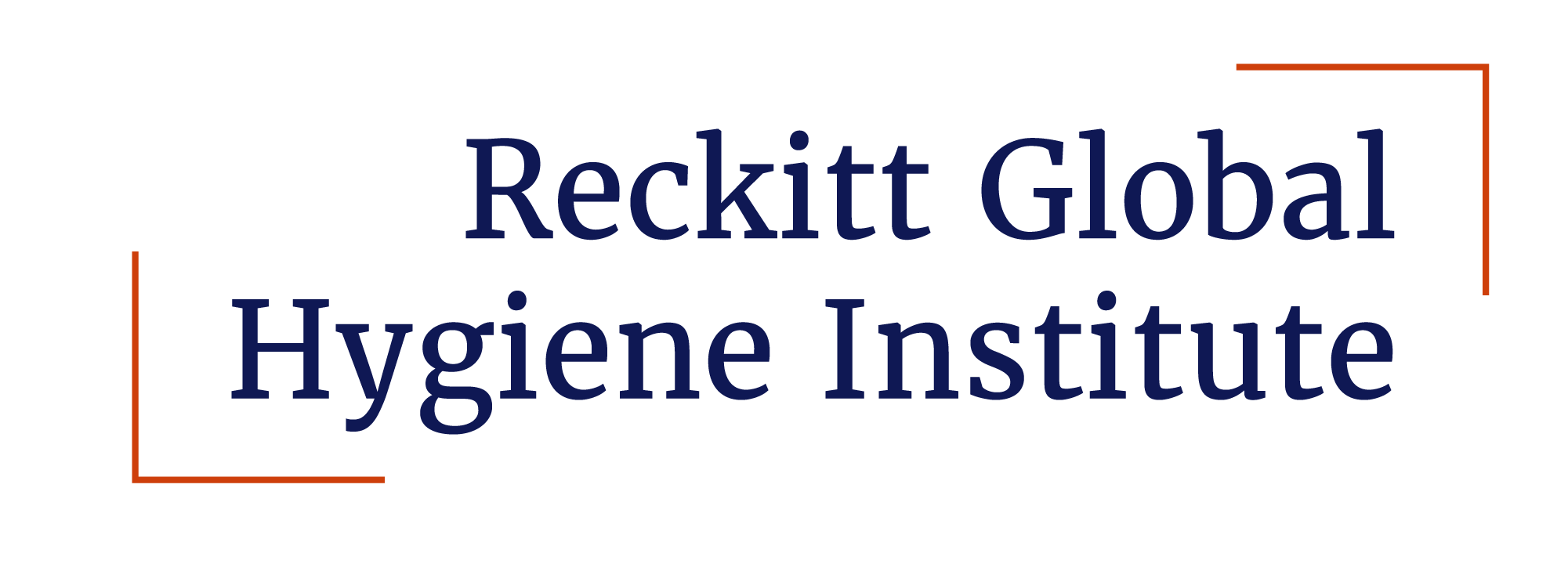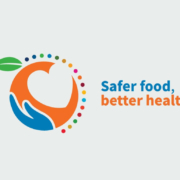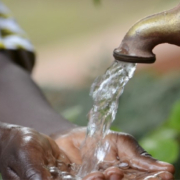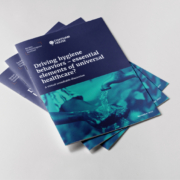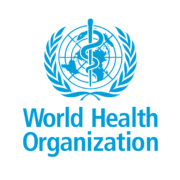On World Food Safety Day hygiene experts call for the return of home economics
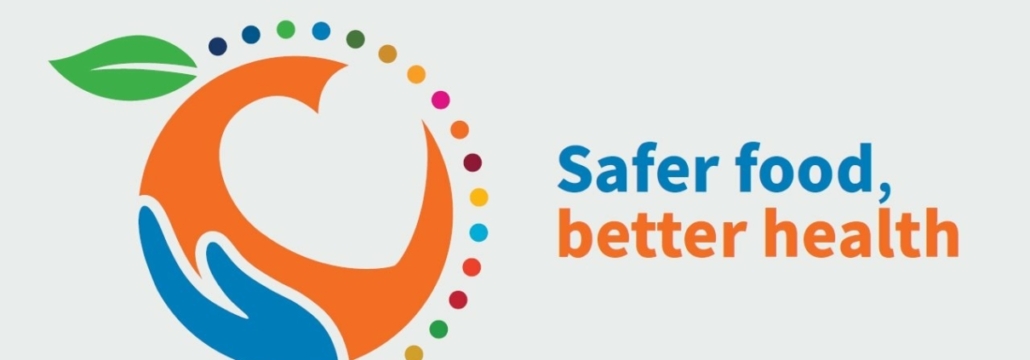
Food hygiene plays a critical role in global health and when not adhered to and complied with, people die. On World Food Safety Day, hygiene experts call for better education around food hygiene.
According to the United Kingdom’s Food Standards Agency, there are over 2.4 million cases of reported foodborne illness each year, 180 of which cause fatalities. Restaurants and takeaways in particular are behind 60% of all food poisoning cases.
In 2016, a Mexican food chain Wahaca was forced to close nine London branches following a suspected norovirus outbreak. In 2021 in Northamptonshire, a chef was arrested when 1 died and 32 diners took ill after eating an undercooked shepherd’s pie in Northamptonshire. And earlier this year, a Swindon kebab and pizza shop was shut down when a cockroach infestation was discovered.
“Having knowledge around food preparation standards that include hand washing and sanitising, when and how food can be reheated and how it should be stored can act as a significant weapon against illness and infection,” said Simon Sinclair, Executive Director at the Reckitt Global Hygiene Institute.
Yet food hygiene is often something that’s self-taught or knowledge that’s passed on within a household. While some restaurants, hotels and bars may offer some sort of basic training, formalised education around food hygiene is lacking.
“When you think about it this is quite astonishing given how critical food hygiene can be to our health, as well as the economy” Simon continued
According to the United Kingdom government, sick days and the subsequent lost productivity equate to a yearly £100 billion loss for the economy.
Years ago, such teachings would be commonplace in schools as part of a class called home economics. The link between food preparation, safety and health would be thoroughly explained while information would be shared on how to protect food from contamination, store it in a way that keeps bacteria at bay and destroy any bacteria that could be an issue.
In recent years, this class has diminished, or morphed in some places to a biweekly, optional class on food technology. Making it non-compulsory means there are a plethora of young adults leaving school potentially without the knowledge of how to protect themselves and others from harmful bacteria in the kitchen.
Supporting research into, and the implementation of, hygiene and food safety into the science and health curriculum in schools could safeguard the food and beverage industry while safeguarding people’s health and wellbeing.
The more people who understand and know how to implement improved food hygiene measures, the less likely there’ll be illness, lost days of work and disruption to the sector.
This is something the Reckitt Global Hygiene Institute is pushing for. A not-for-profit foundation set up in 2020 to plug evidence gaps relating to hygiene behaviours and their impact, it aims to build a body of research that can contribute to high-level decision-making. Funded by a multi-year $25 million grant from Reckitt plc, RGHI is working to promote and fund a portfolio of hygiene science that will lay out a clear pathway for improving public health.
“Access to more information about where food and hygiene intersects, the most impactful practices people can adopt when preparing and cooking food and how to implement at a wider scale, will only bolster the food and beverage industry as well as the health and science sector,” Simon concluded. “It’s time to take a closer look at food hygiene in the education space.”
